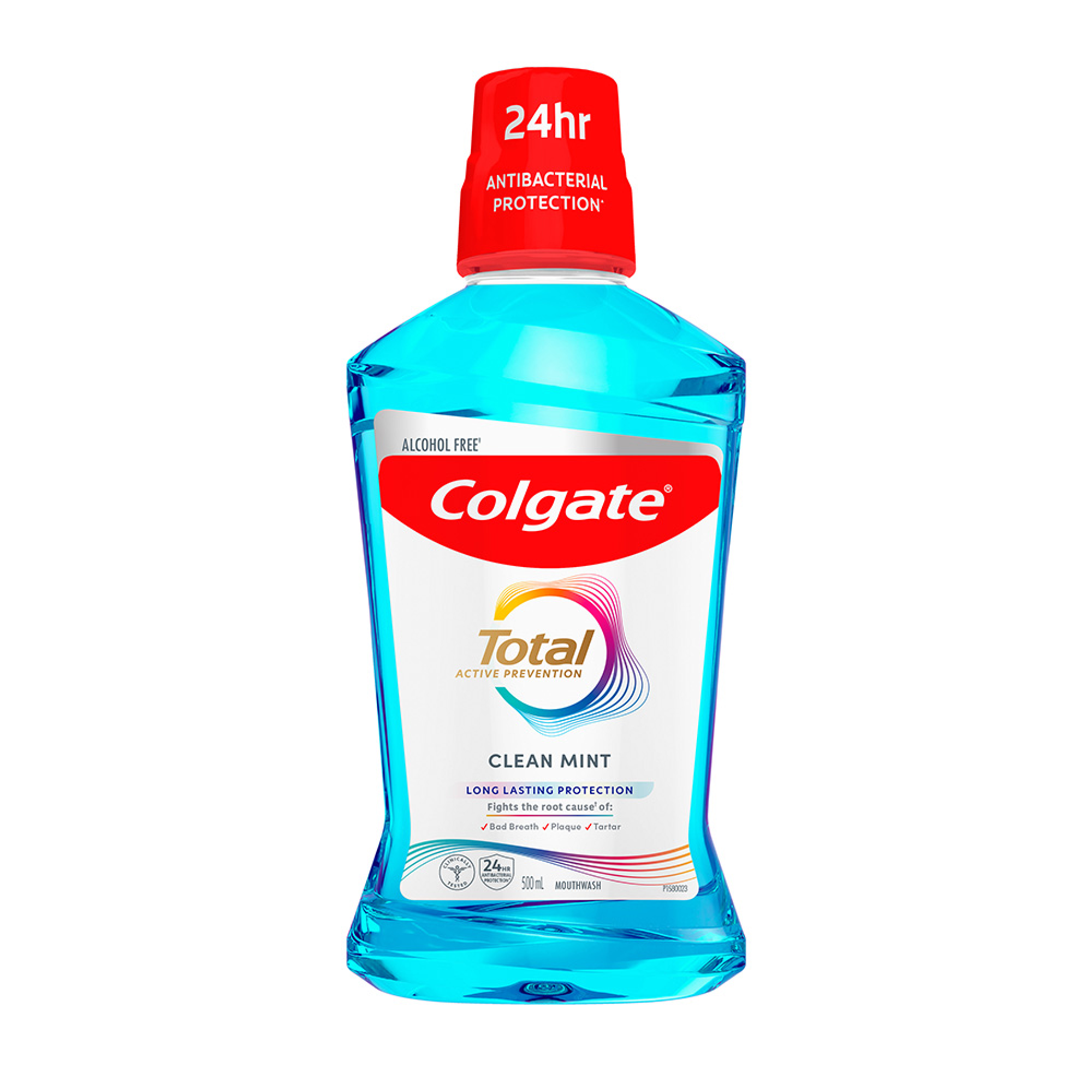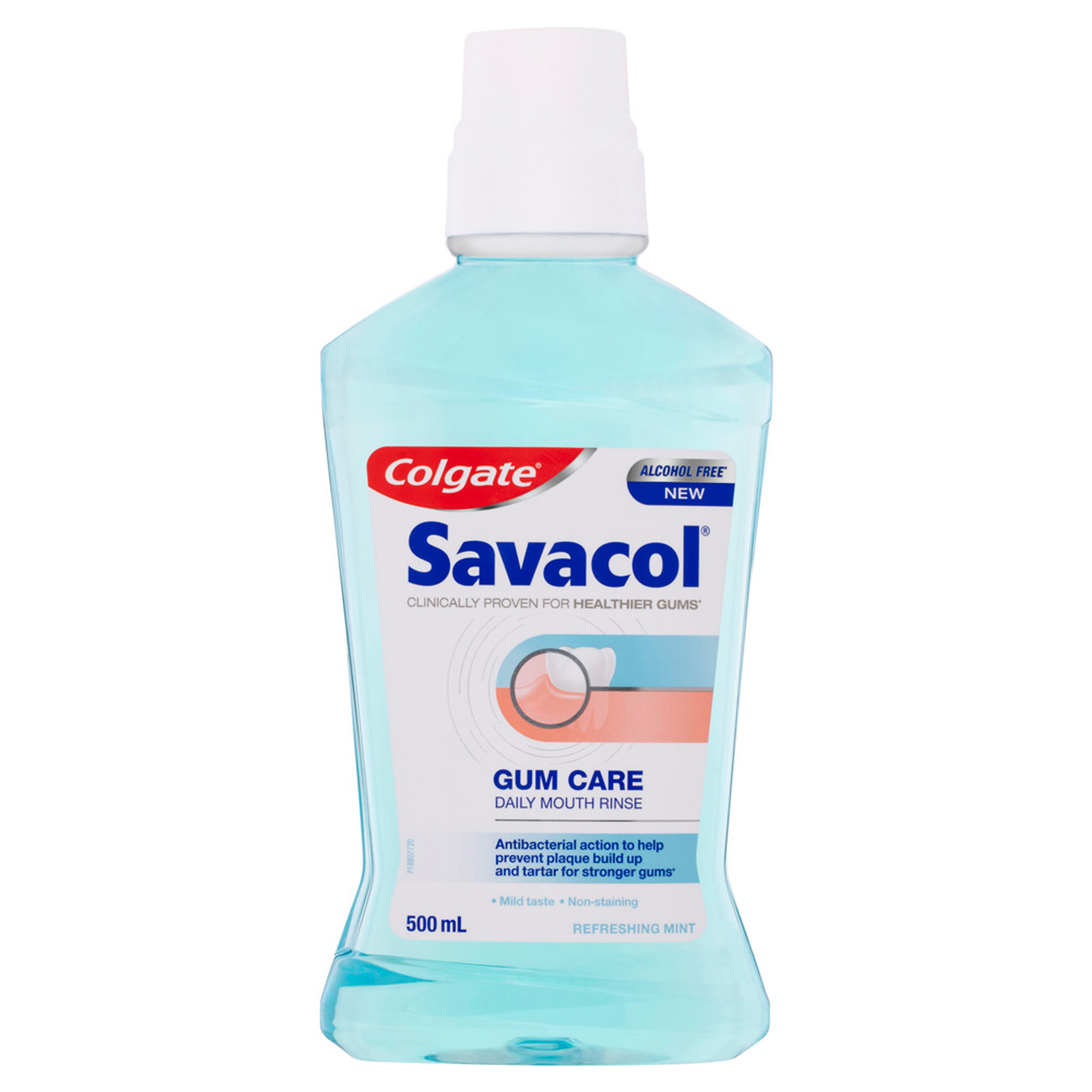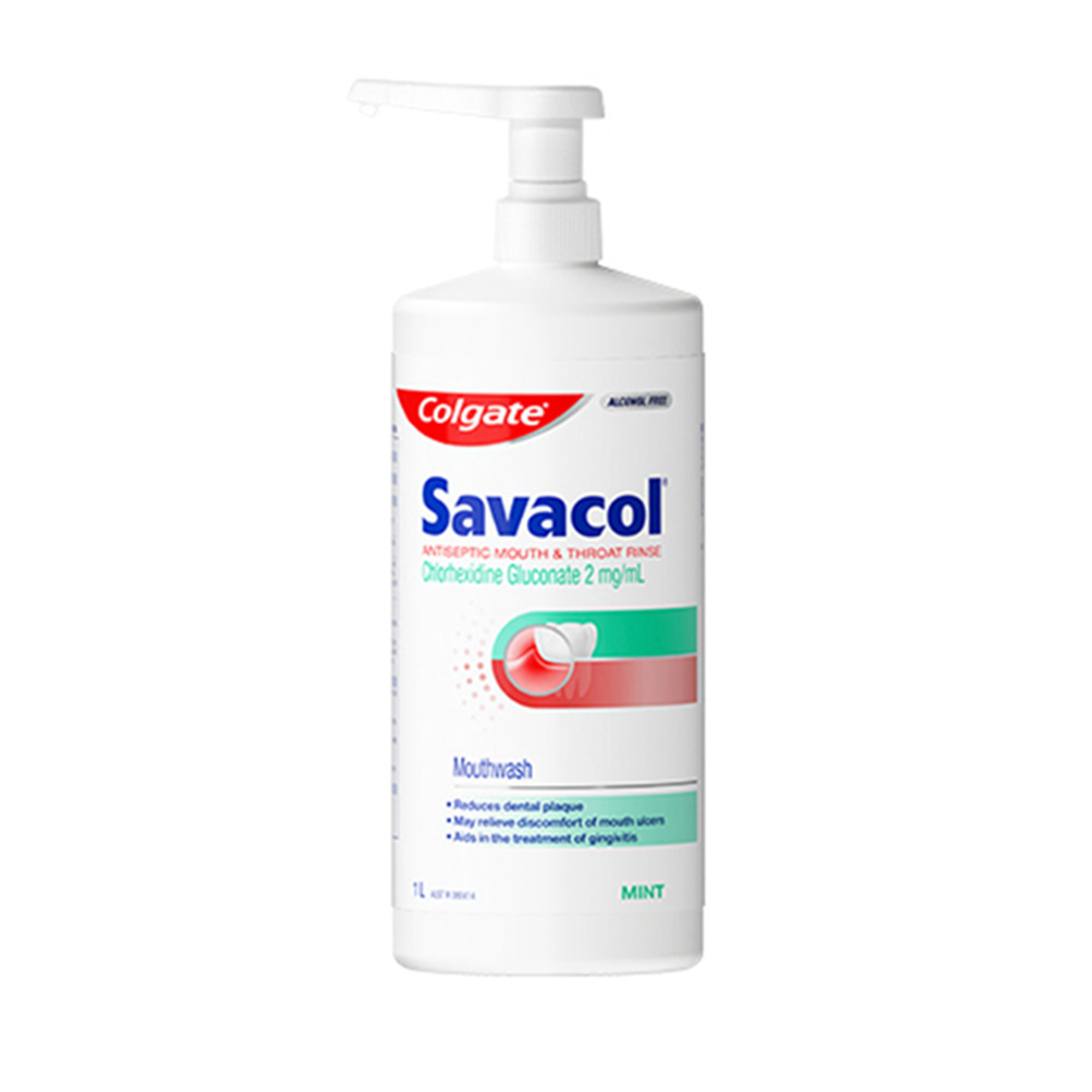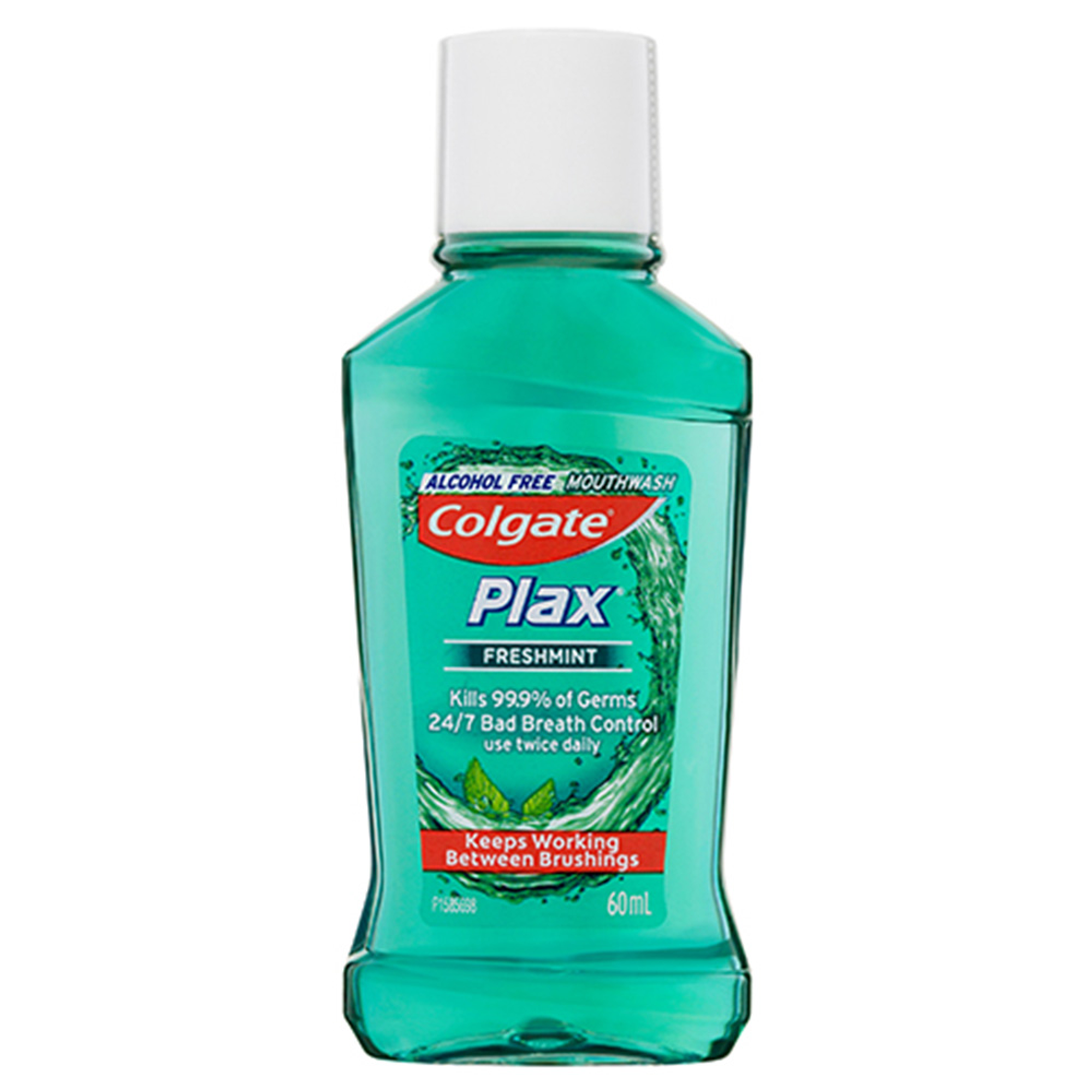
Bad breath (or Halitosis) is a complaint I commonly hear when seeing patients, and is something they often come to the dentist to enquire about how to treat. There are many potential causes of bad breath. Here are some of the most common causes:
1. Bacteria in the mouth
A common cause of bad breath is an excess of bacteria in our mouth. Our mouths are normally home to billions of bacteria, some of which can release volatile sulphur compounds(1) causing an odour. Food debris and biofilm, as well as the back of the tongue are all breeding grounds for bacteria to grow. If these areas are not properly and regularly cleaned through a good oral hygiene routine, then bad breath can occur.
2. Dental problems
Bad oral hygiene can also lead to things like dental decay and gum disease. Bacteria can live inside cavities, gum pockets, and on plaque and calculus, which can then elicit inflammation from the gums (gingivitis and periodontitis) and bad breath.
3. Certain foods
Certain foods such as onion and garlic can create a bad odour by being absorbed into the bloodstream, and odours expelled by the lungs(2).
4. Medical conditions
One of the most common medical conditions that can cause bad breath is gastric reflux or indigestion. Acid and food from the stomach is brought up and can cause bad breath. Short-term this can be due to a reaction to certain foods or eating habits, such as eating foods just before bed. Long term this can be due to other medical issues that need to be addressed. Bad breath can also be a sign of a serious illness, such as diabetes, liver failure or kidney disease.
5. Dry mouth
Some medications, medical conditions, smoking and mouth breathing can contribute to having a dry mouth. The lack of saliva often means a lower clearance of bacteria and food debris, which can then result in further bacterial growth and bad breath.
Treatment of bad breath
Depending on the cause of bad breath, treatment will vary. For instance, for food and diet-related halitosis, eliminating odour causing foods from the diet or limiting/modifying their intake should suffice. Treatment of dry mouth can be with simple measures like increased hydration, chewing gum, removing/treating the cause of the dry mouth, or using an antibacterial mouthwash(3) such as Colgate Plax to wash away the food/bacteria and control bad breath. Medical conditions should be assessed by the appropriate medical professional to be treated and managed accordingly.
Good oral hygiene
Good oral hygiene is a significant factor in preventing and treating bad breath(4). It’s really important to make sure that patients are brushing twice daily with a fluoride toothpaste such as Colgate Total, which contains the antibacterial ingredient Zinc. Proper oral care by brushing, flossing and rinsing help to effectively remove food debris and plaque, and limit bacterial numbers in the mouth. Brushing the tongue also significantly helps remove the odour-causing bacteria and plaque. Patient’s should also be regularly seeing a dental professional to maintain their oral health.
Silveira JO, Costa FO, Oliveira PA, et al.: Effect of non-surgical periodontal treatment by full-mouth disinfection or scaling and root planing per quadrant in halitosis-a randomized controlled clinical trial. Clin Oral Investig. 2017, 21:1545-52. 10.1007/s00784-016-1959-0
Porter SR: Diet and halitosis. Curr Opin Clin Nutr Metab Care. 2011, 14:463-8. 10.1097/MCO.0b013e328348c054
Blom T, Slot DE, Quirynen M, Van der Weijden GA: The effect of mouthrinses on oral malodor: a systematic review. Int J Dent Hyg. 2012, 10:209-22. 10.1111/j.1601-5037.2012.00546.x
Scully C, Rosenberg M: Halitosis. Dent Update. 2003, 30:205-10. 10.12968/denu.2003.30.4.205
Dr Sam Koh is a Melbourne-based dentist, graduating from The University of Melbourne with First Class Honours. As the Director and Principal Dentist of Dental Boutique Mornington, his special interests are in Cosmetic and Implant Dentistry.
Following a personal recommendation from world-renown Orthodontist Dr Derek Mahony, Dr Koh has been awarded with a fellowship from the International Academy of DentoFacial Esthetics in New York, and also holds a fellowship in Orthodontics as well as a fellowship from the Pierre Fauchard Academy in London.
Dr Koh is a proud founding member of the Colgate Advocates for Oral Health: Editorial Committee. He is also a KOL and clinical advisor for several dental companies.
Join us
Get resources, products and helpful information to give your patients a healthier future.
Join us
Get resources, products and helpful information to give your patients a healthier future.











